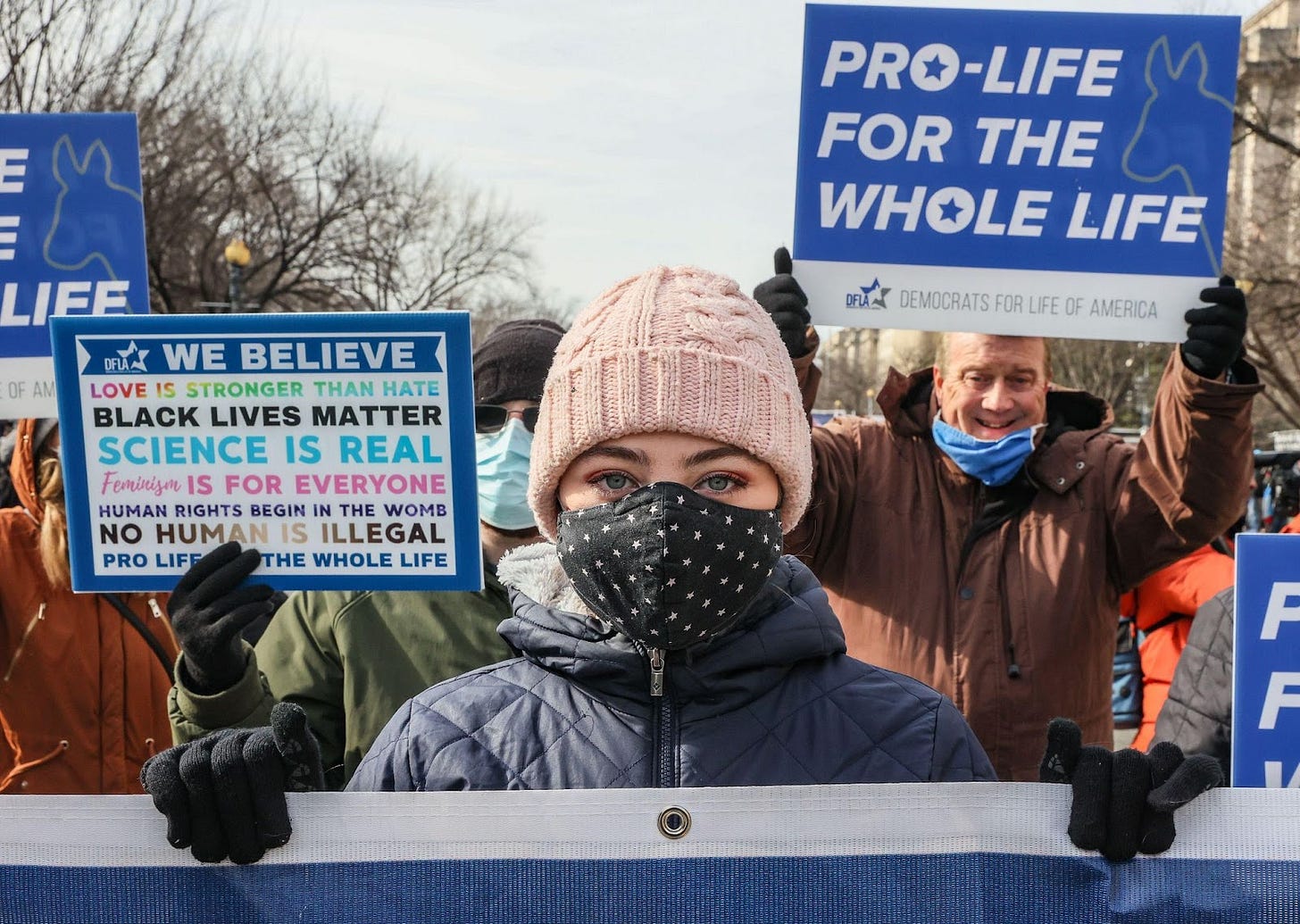
If a text leaked to Politico is to be believed, the Supreme Could be mere weeks away from overturning both Roe v Wade and Planned Parenthood v Casey, the two decisions which enshrine the “right” to end the lives of unborn children in national consti…
